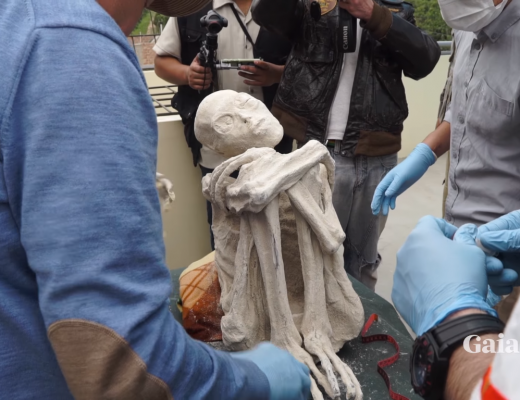A team of scientists at the University of Cambridge have done a breakthrough in cloning technology which might one day create human duplicates.
Human life could soon be duplicated by cloning after a team of scientists from the UK have successfully created an artificial mouse embryo.
Using stem cells grown in a lab, the scientist created embryos that had identical internal structure as embryos that would develop in a womb.
They used these methods to research how an embryo would develop prior to implantation, and marked a significant step forward in the field. Previous similar attempts had none-to-limited success.
Professor Zernicka-Goetz, who worked on the project, told the Guardian that it was a “miracle of nature”. “It’s incredibly beautiful that we can begin to understand those forces that give rise to self-organization during the earliest stage of development”, she added.
To make the embryos, the researchers used a combination of genetically modified mouse cells that are known as “master cells”, along with a 3D scaffold, known as an extracellular matrix, onto which cells could grow.
The results were amazing, embryos that were almost identical to the ones developed inside mice.
Scientists hope that if they did the same experiments on human embryos, they will get closer to understanding miscarriages and infertility. By observing a developing embryo, they could clearly see how mammals grow after inception.
However, the global community still don’t feel like human cloning is a thing that should be attempted. Some believe that it would be unethical, others irreligious, and some even believe it will end up in a new and different species of humans.




